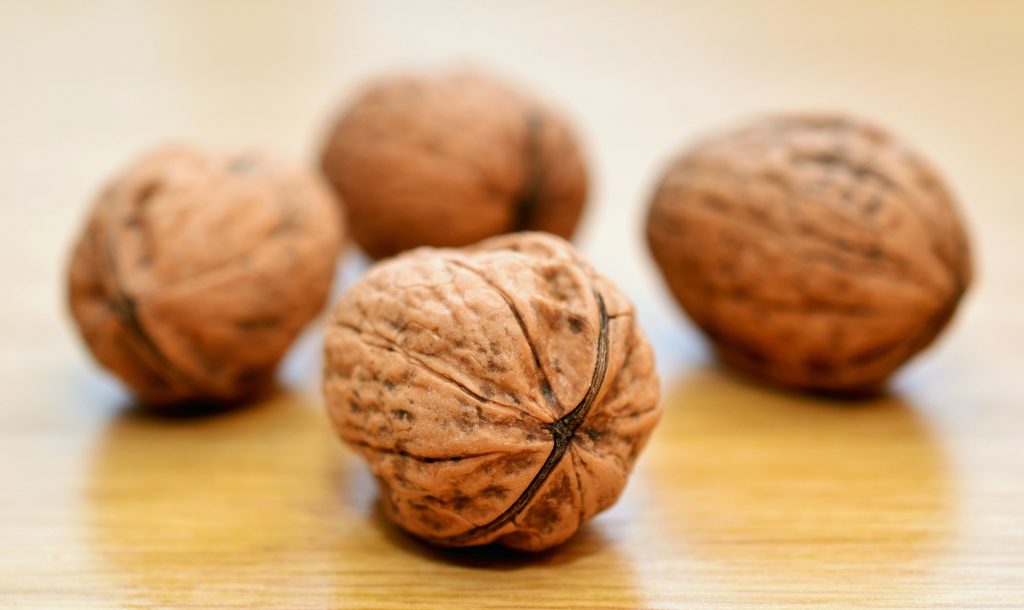Until recently, I thought that as kids we just ate whatever we were given, and our likes were probably inherited or just appeared – kind of, out of the blue. I didn’t realise we actually learnt to eat and learnt to like certain tastes.
It’s not an automatic fact that all young children hate broccoli, and love ice-cream. Well, not quite; there is evidence that all babies around the world like the sweetness of milk, especially their mother’s milk.
As babies, we all tend to like sweetness, but that can manifest in many forms – pureed apple, pumpkin soup, dates, sweet potato – often depending where you were born.
However, after that, it seems most tastes are learnt.
There are lots of factors that influence what we like; genetic, feelings created at mealtimes as children, the place where we grew up, brothers and sisters, and so on.
However, we are not doomed to like sweet, salty junk food. Research into eating habits has overwhelming agreement that eating habits are learnt.
So, if we learn to eat, then we can re-learn to eat!
We can learn new tastes. Isn’t that cool!
Re-training our taste buds
For example, research shows that our sensitive to flavours such as sugar and salt can change over a matter of weeks. Experiments have shown that people who reduced salt in their diet for 2 to 3 months, change their taste of it and reduced the pleasure they previously had in eating very salty foods[1].
It seems then that it is possible for us to re-train out taste-buds and appreciate foods and dishes that might be better for us, such as ones without too much salt and sugar.
The prospect of reducing our sugar or salt in-take, if we wished to do so, would actual lead to a positive cycle of liking it less, and so craving it less, making the change in our eating habits so much easier.
All good news for those of us who want to make a change!
[1] Mattes (1997) ‘The taste for salt in humans’

